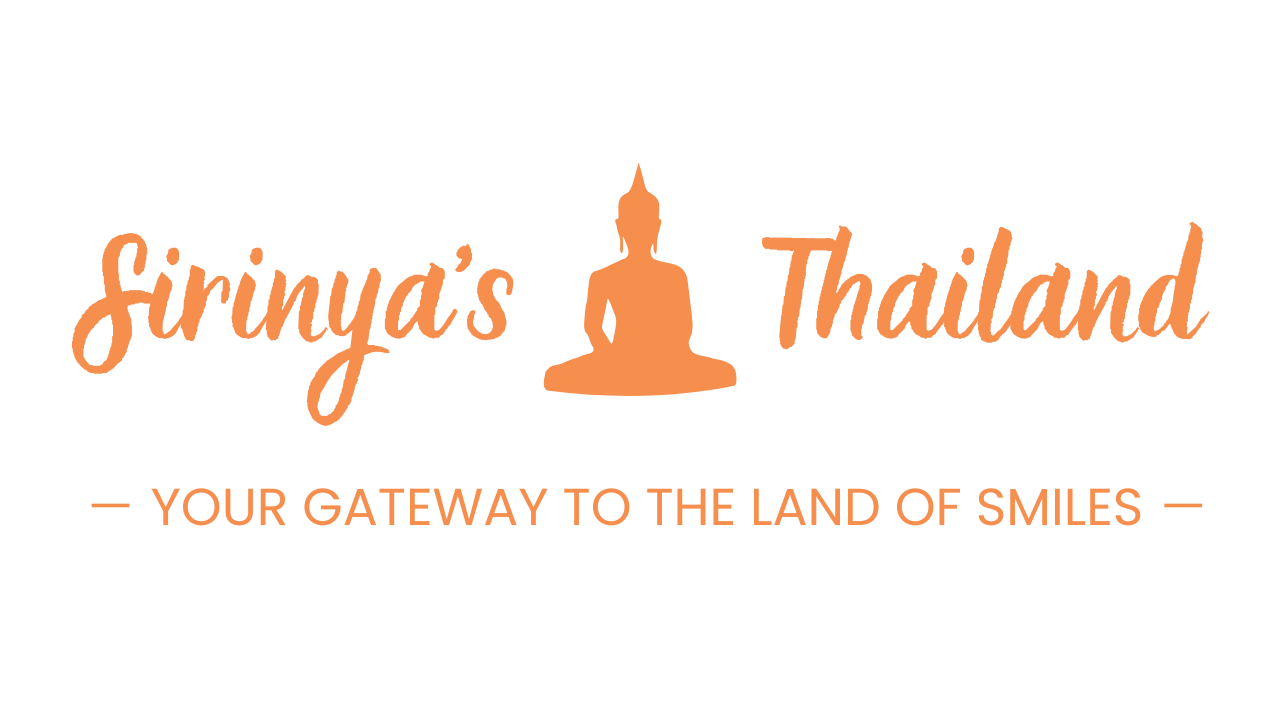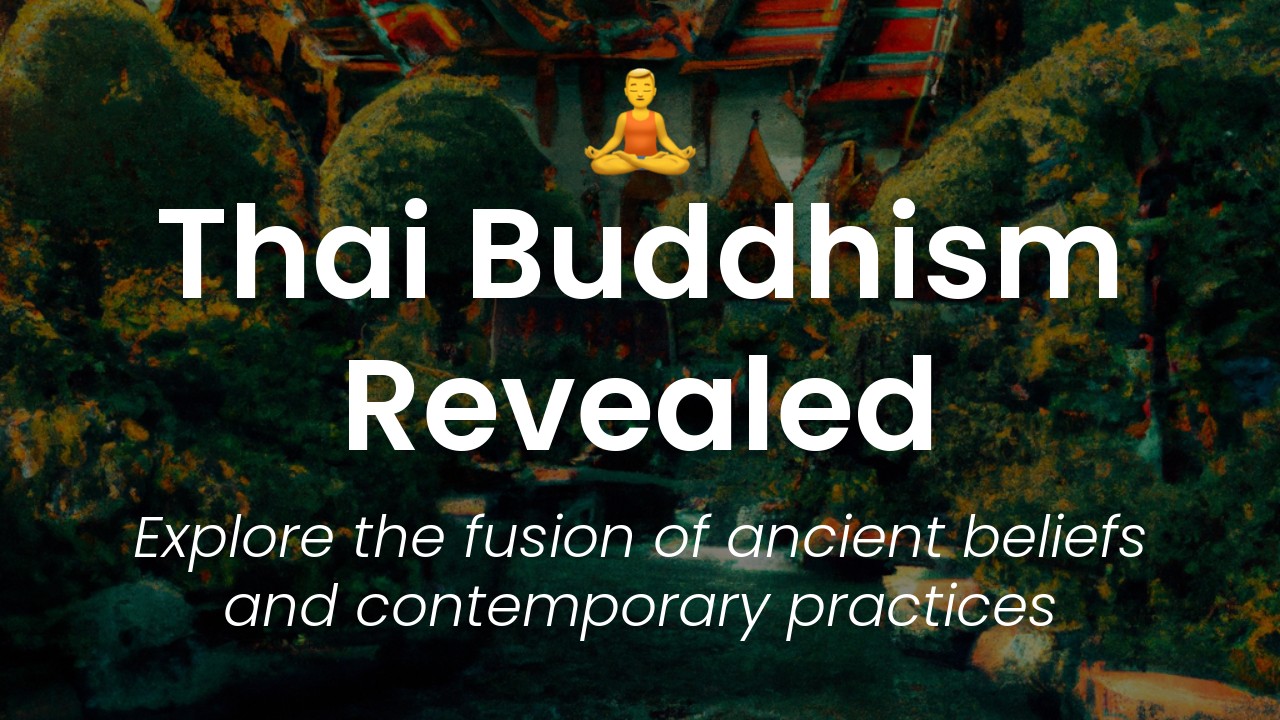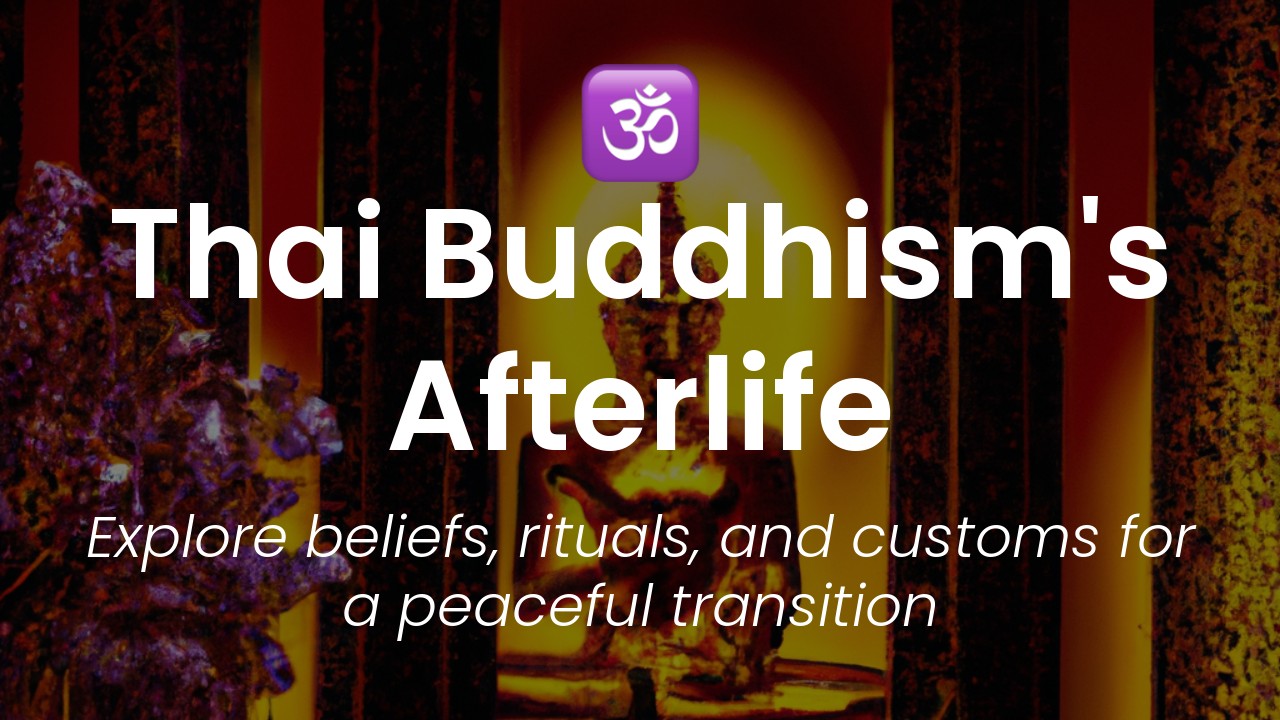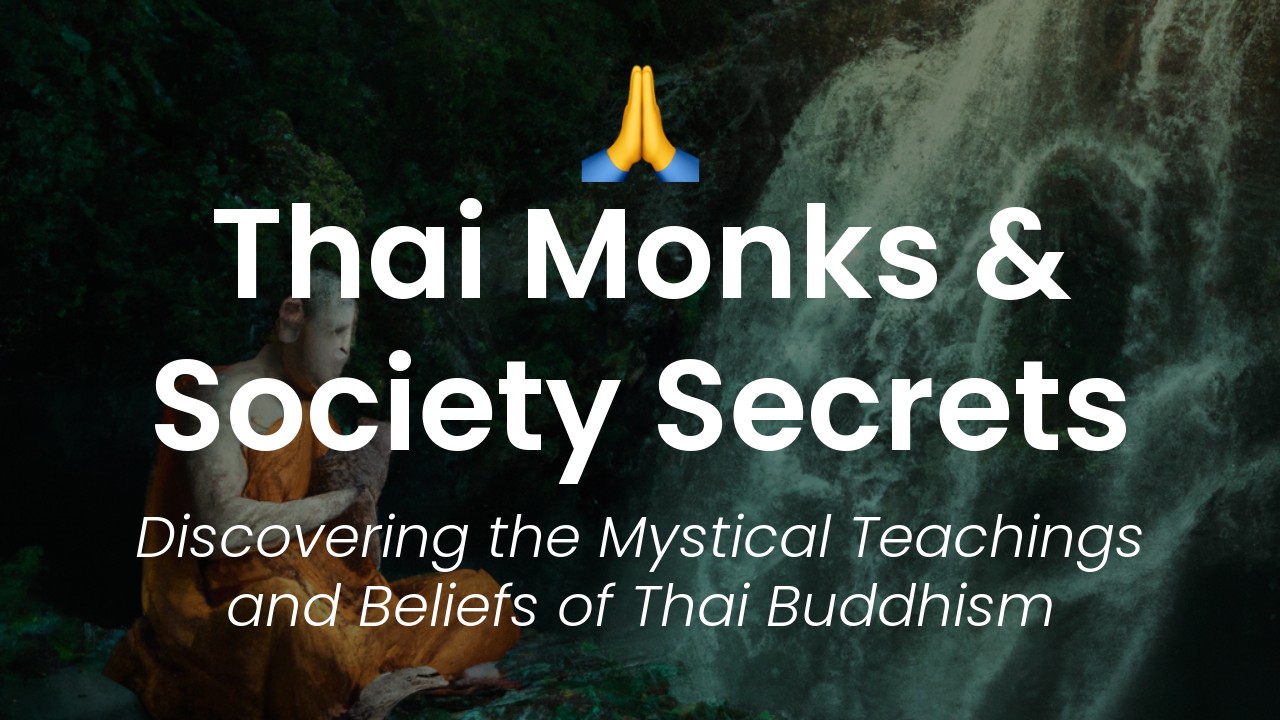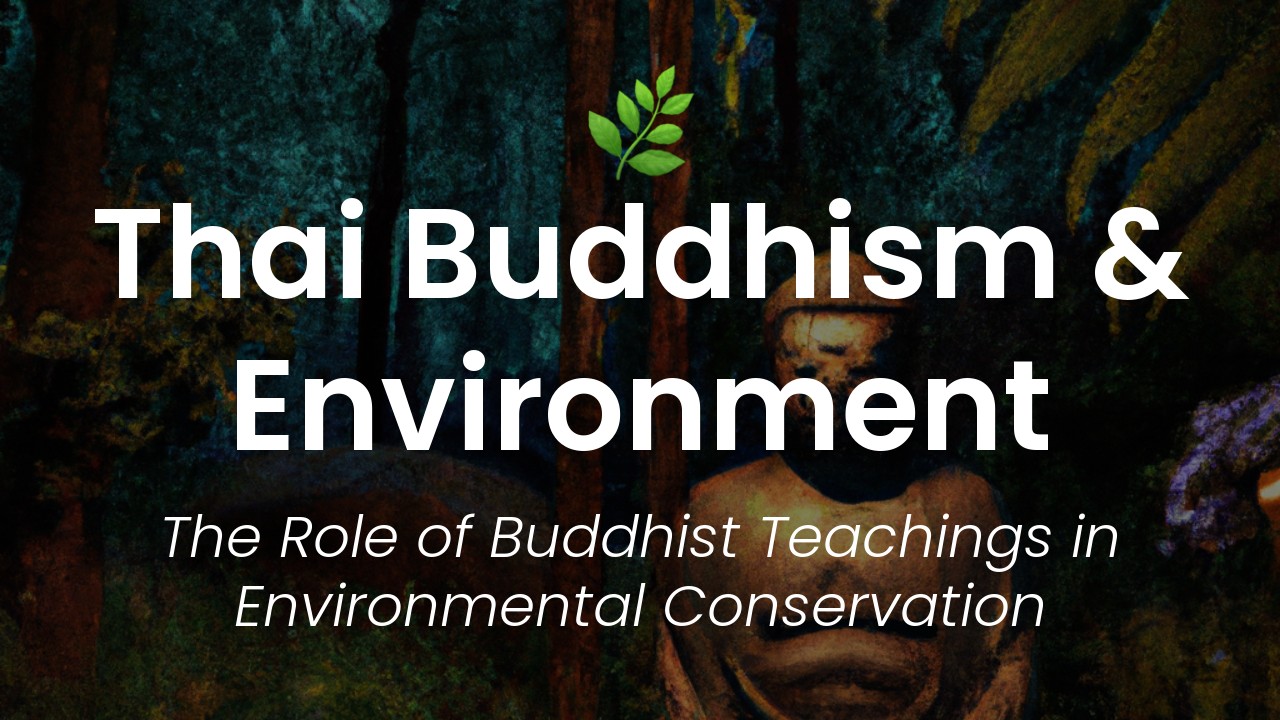As a Thai woman who grew up surrounded by Buddhist traditions, I have always been fascinated by the religion's teachings and practices. Buddhism is deeply ingrained in Thai culture and can be seen everywhere, from the ornate temples that dot the streets to the simple acts of kindness that are part of daily life. As I've traveled and explored outside of my country, I've realized how unique Thai Buddhism is and how it has evolved to fit modern life.
In this blog post, I want to share with you the secrets of Thai Buddhism that have helped me navigate modern life. I'll examine the history and evolution of Buddhism in Thailand, explore the ways that it shapes Thai culture, and provide tips on how to adopt some of its core teachings to live a more fulfilling life. By unlocking these secrets, I hope to help you gain a deeper understanding of this powerful religion and how it can be applied in our fast-paced, modern world.
Whether you're a devout Buddhist or simply curious about different cultures and ways of life, this post will be a journey of discovery. Join me as we delve into the fascinating world of Thai Buddhism and reveal its secrets for modern-day living.
Understanding the Basics of Thai Buddhism
As one of the world’s major religions, Buddhism has been practiced in Thailand for centuries. However, the way it is observed and understood may vary from one individual to another. In this article, we will delve into the essence of Thai Buddhism and how its teachings can be applied in modern life.
First and foremost, Thai Buddhism is heavily influenced by Theravada Buddhism, which is known for its focus on individual enlightenment through personal meditation and self-improvement. This emphasis on self-awareness and awakening makes it an attractive practice for those looking to improve their quality of life, regardless of religious beliefs.
In Thai Buddhism, the ultimate goal is to achieve a state of enlightenment known as Nirvana, which is characterized by the absence of suffering and attainment of inner peace. This is achieved through the Four Noble Truths and the Noble Eightfold Path, which are considered to be the foundation for all Buddhist teachings.
The Four Noble Truths are:
- The truth of suffering
- The truth of the cause of suffering
- The truth of the cessation of suffering
- The truth of the path to the cessation of suffering
The Noble Eightfold Path is:
- Right Understanding
- Right Thought
- Right Speech
- Right Action
- Right Livelihood
- Right Effort
- Right Mindfulness
- Right Concentration
These teachings showed the Buddhist path on how to live a good life that benefits not only oneself but also others. One of the major teachings of Thai Buddhism is impermanence, which is the notion that everything in life, including one’s happiness and suffering, is temporary and subject to change. This perspective can help individuals remain grounded and level-headed in times of difficulty, reminding them to appreciate and cherish the present moment.
Incorporating Buddhist Teachings in Daily Life
While it may be challenging to fully embrace Buddhist teachings and practices as a beginner, there are small, daily actions that can be taken to incorporate them into your life. One simple way is to practice mindfulness, which involves being fully present and aware of one’s thoughts and surroundings. This can help individuals improve focus, reduce stress, and cultivate a sense of gratitude.
Another way is to meditate, which is a powerful tool for calming the mind and centering oneself. This can be done through formal meditation practices or through mindfulness exercises such as deep breathing and body scans. Starting with just a few minutes per day and working up to longer sessions can be an effective way to reap the benefits of meditation.
In addition, Buddhist principles can be applied to one’s interactions with others. Compassion, kindness, and empathy are all qualities valued in Thai Buddhism, and expressing these qualities can improve relationships and promote happiness.
Benefits of Practicing Thai Buddhism
There are numerous benefits to incorporating Thai Buddhism into one’s life. For starters, it can promote inner peace and emotional well-being. By embracing impermanence and focusing on the present moment, individuals can reduce anxiety and stress and improve their overall quality of life.
Practicing Thai Buddhism can also help individuals develop a greater sense of self-awareness, allowing them to recognize and address negative thought patterns and habits. This can lead to greater self-acceptance and personal growth.
In addition, as Thai Buddhism emphasizes compassion, kindness, and empathy, practicing these qualities can improve relationships with others and foster a sense of community and connection.
The Importance of Mindfulness and Meditation
As mentioned earlier, mindfulness and meditation are key components of Thai Buddhism. In today’s fast-paced and hectic world, it can be easy to become overwhelmed and stressed out. Practicing mindfulness and meditation can be a powerful way to combat this and promote overall well-being.
Mindfulness involves paying attention to one’s thoughts, feelings, and surroundings without judgment. It can help individuals become more aware of their own internal experiences and improve their ability to regulate their emotions. This, in turn, can lead to improved mental health and greater resilience in the face of challenges.
Meditation involves intentionally focusing attention on a particular object or sensation, such as the breath. This can help individuals develop a greater sense of calm and inner peace, improving overall mood and emotional well-being.
Overcoming Life Challenges with Buddhist Principles
Life is full of challenges and difficulties, and it can be easy to become consumed by negative thoughts and emotions. However, Buddhist principles such as impermanence and compassion can provide a different perspective and help individuals overcome challenges with grace and composure.
Impermanence reminds us that nothing is permanent and that all things are subject to change. This can provide comfort in difficult times, as individuals can be reassured that their current struggles will eventually pass.
Compassion involves showing kindness and understanding to oneself and others. This can be powerful in difficult times, as it fosters a sense of connection and community, reminding individuals that they are not alone in their struggles.
Embracing Impermanence and Letting Go
As mentioned earlier, impermanence is a key tenet of Thai Buddhism. While the concept of impermanence can be difficult to grasp, it has the potential to shift one’s perspective and provide a greater sense of peace and acceptance.
Embracing impermanence involves recognizing that nothing lasts forever and that everything in life is constantly changing. This can help individuals become more accepting of change and more able to adapt to new circumstances.
Letting go is a related concept that involves releasing attachment to material possessions, relationships, and even one’s own thoughts and emotions. This can be challenging, as many individuals feel a sense of attachment to these things. However, letting go can also be liberating, allowing individuals to live more freely and without the burden of attachment.
Nurturing Loving-Kindness and Compassion
Loving-kindness and compassion are qualities highly valued in Thai Buddhism. These qualities involve showing kindness, warmth, and understanding to oneself and others.
Practicing loving-kindness and compassion can be powerful in improving relationships with others and promoting overall well-being. By showing kindness and compassion, individuals can foster a sense of connection and community, which can be especially important in today’s fast-paced and individualistic society.
In addition to benefiting others, cultivating these qualities can also have a positive impact on one’s own life. By showing oneself kindness and self-compassion, individuals can improve their self-esteem and overall well-being.
Conclusion
In conclusion, the teachings of Thai Buddhism can offer valuable insights into how to live a fulfilling and meaningful life. Incorporating these teachings into daily life, through practices such as mindfulness and meditation, can promote inner peace and emotional well-being.
By embracing impermanence and letting go, individuals can develop greater resilience and adaptability in the face of challenges. Finally, by nurturing loving-kindness and compassion, individuals can improve their relationships with others and develop a greater sense of connection and community.
The insights and wisdom provided by Thai Buddhism are vast and varied. By incorporating these teachings into our lives, we can become more aware, compassionate, and fulfilled individuals, and live a life that is truly meaningful.
